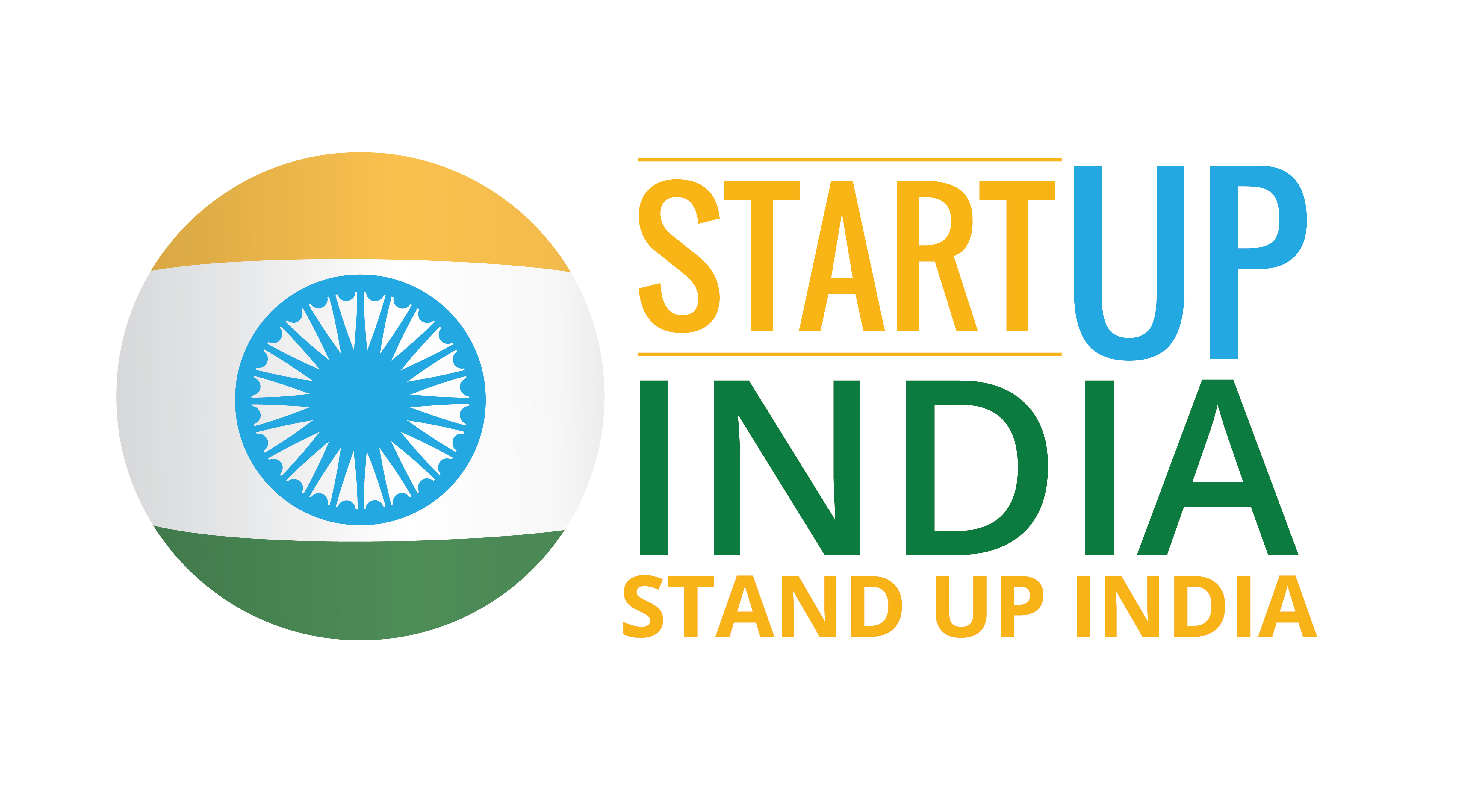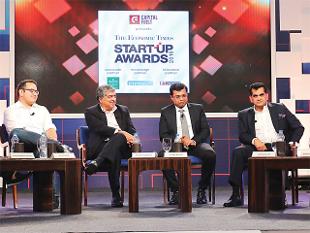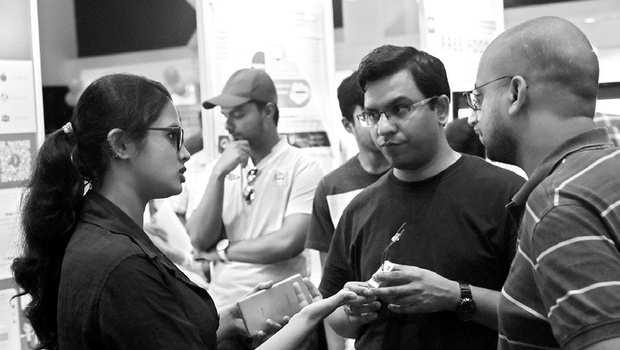While addressing the media in New Delhi, the Ministry of Science and Technology today announced the launch of the National Initiative for Development and Harnessing Innovations (NIDHI), an umbrella programme which aims to nurture ideas and innovations in the startup ecosystem.
With the intent to speed up the process and also scale, the ministry will be infusing Rs 500 crore into the programme in the next few years. Notably this year, the ministry has received a 450 percent increase in allocation — Rs 180 crore more — to drive startup initiatives.
NIDHI and other initiatives:
NIDHI focuses on building a seamless entrepreneurial ecosystem, especially by making a positive impact on socio-economic development. The programme aims to provide technological solutions as well as create new avenues for wealth and job creation.
PRAYAS (Promoting and Accelerating Young and Aspiring Innovators & Startups), launched last week, is one of the components of NIDHI. The idea is to encourage innovators by providing access to the Fabrication Laboratory as well as a grant of up to Rs10 lakh. Additionally, there is the Seed Support System, providing up to Rs 1 crore per startup and implemented through technology business incubators.
The key stakeholders of the newly launched programme include various departments and ministries of the central government, state governments, academic and R & D institutions, mentors, financial institutions, angel investors, venture capitalists, industry champions, and private sectors.
Till now, the department has launched more than 100 technology business incubators in academic and R & D institutions which include IITs, IIMs, NITs, and other institutions. Every incubator focuses on a technology domain, and all of them combined house more than 2,000 startups and offer a total incubation space of approximately seven lakh sqft.
Additionally, six more centres of excellence will be opened in SINE–IIT Bombay, Venture Center–NCL Pune, CIIE–IIM Ahmedabad etc and 14 Technology Business Incubators which include IIT Patna and Mizoram University etc. 10 more incubators will be supplemented with Seed Support Systems which include Startup Oasis–Jaipur, Amrita TBI–Kollam, Venture Center, NCL–Pune etc and establish a Research Park at IIT Gandhinagar .
A variety of other new programmes including a fellowship programme for entrepreneurs i.e. Entrepreneurs in Residence, scaling up of startups through the accelerator programme and also to boost women empowerment through entrepreneurship, has been launched.
Along with all these initiatives, the department has also partnered with corporates like Intel, Lockheed Martin, Texas Instruments and Boeing as well as the Department of Higher Education, MHRD to establish research parks and startup centres.
Startup India:
All these initiatives have been launched in tune with Modi’s Startup India vision. A number of initiatives were launched after the announcement of ‘Startup India’. Recently, the government had also issued a directive to all ministries stating that all startups will now be exempted from the prior experience criteria in public procurement. Also, the government had mandated that the central government departments and ministries, along with its central PSUs, procure at least 20 percent of their purchases from micro and small enterprises, starting from April 1, 2015.
Though countless initiatives have been launched, whether entrepreneurship in the country receives a real boost remains to be seen.
Source : https://yourstory.com/2016/09/govt-invest-500cr-startups/




